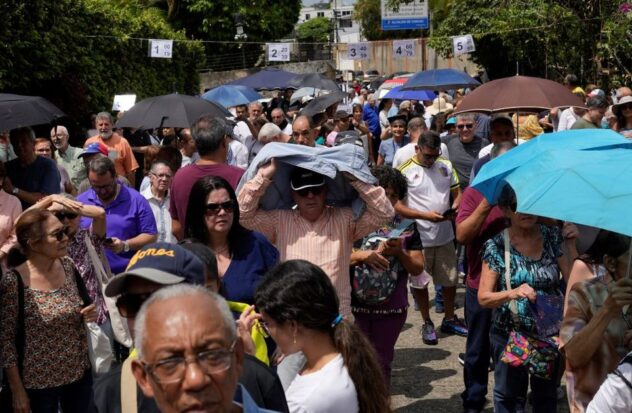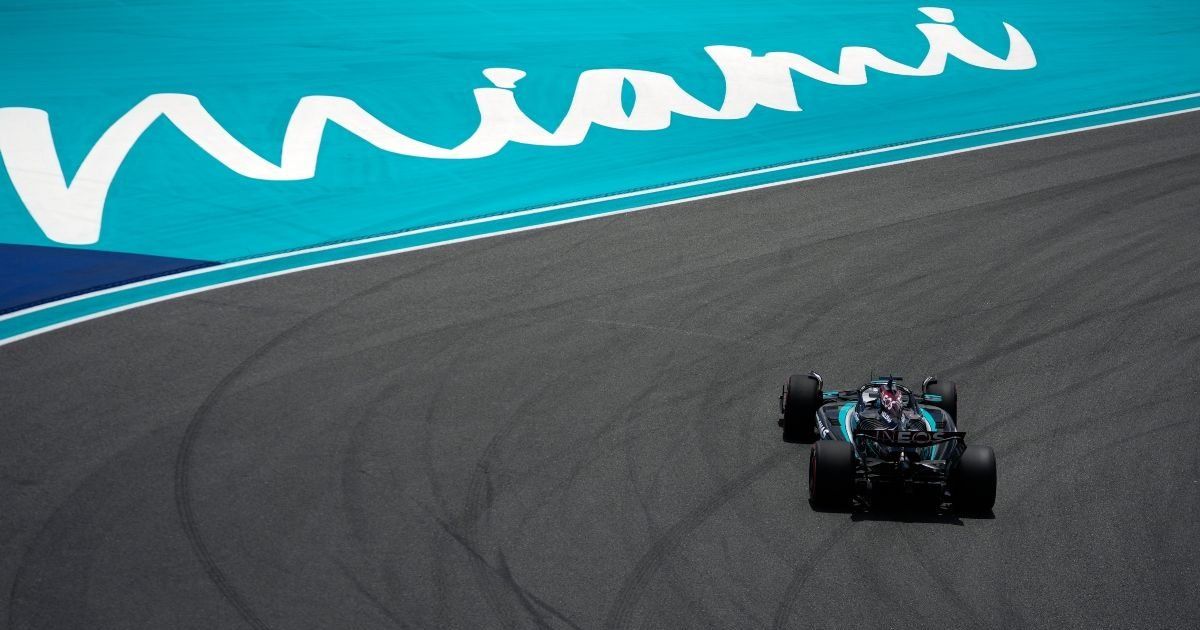As in seven o’clock elections presidential elections since Hugo Chávez won for the first time, in addition to the consultative one in 2004, the one on Sunday, July 28 is not beyond that possibility, according to political analysts.
“There are already several adverse scenarios at the time of the election” that could constitute fraud, although “we will only know whether there is fraud or not on July 28 during the voting and the results that are announced,” says Oswaldo Ramírez, an expert in strategy, political risk and electoral campaigns.
Many of these scenarios, said the consultant, were sought to be avoided with the signing of the Barbados Agreement signed in 2023 and which established the guarantee of free elections, but in the context of electoral advantage of the ruling party, this has not been respected. An example, the lack of recognition of candidates’ access to equal conditions, with harassment and more than a hundred arrests linked to the elections.
However, suspicions of fraud would not be so easy to prove, analysts said. Although the desire for change has always been present in every election, what is new this time is “the wide gap” of 47 percentage points in favor of the opposition candidate Edmundo González over Nicolás Maduro, the candidate for reelection, according to the latest polls. “This has never happened in 25 years,” warned Ramírez, who is director of the company that conducted the poll, ORC Consultores.
“And as long as people go out to vote in large numbers, there is no way that these tricks will overturn the popular will,” he said.
Is it possible to defraud the popular will?
Although experts consider that “an electronic system is vulnerable”, nowadays there is an insistence on an “impenetrable” process that goes from the placement of the fingerprint to the deposit of the ballot issued by the voting machine and that must reflect the will of the voter.
But in the 2004 presidential recall referendum against Chavez there was a “turning point” that pointed to fraud, according to records from the date.
The opposition, which appeared to be winning the polls with a “No” vote, lost the referendum that re-legitimised Chavez’s mandate. “There was a complete lack of confidence in the electoral system, and the conditions began to erode, leading to electoral authoritarianism,” explained Ramirez.
Expert Guillermo Salas, a member of the electoral NGO EsData, pointed out something else. “The fraud in the electronic vote was too crude. While the polls reflected 70% rejection of the government, the government supporters registered the North American Opinions Research company in Miami, a company of large contractors of the Chavista PDVSA, which changed the perception. This was recorded by one of the most important statistics magazines in the world,” he said.
He felt that “under the narrative of avoiding abstention, all kinds of arbitrary actions have been allowed.”
Risks in Sunday’s elections
After insisting that fraud must be proven, Ramírez identifies seven electoral tricks in the last eight months, before the publication of the election in March, and to which the voting population must be alert.
*Voter confusion: The regime changed the names of schools that are voting centers, claiming that they are colonial or imperialist names, which leads the confused voter to look for a center that is the same. “This happened with 6,500 schools, most of which were voting centers.”
*New centers:polling stations were created with the purpose of reducing the new voter base at each table and supposedly making the process more fluid. “But the finding is that these centers, which are 9% or 10% of the current ones, will cross against the base of their followers: pesuvistas, militiamen, missions, public employees, that leads to configuring an active base of beneficiaries and results with a high probability of being in favor of the government.”
*Disinformation in the absence of resources: The judicial process of political parties whose voting cards were confiscated contributes to the confusion and misinformation of voters, in the absence of media outlets. “In 2021, for example, in the election of governors and mayors, at least 20% of the opposition vote was wrong because they did not have information about the parties that were intervened. But a classic case is that of AD in Caracas: the propaganda does not talk about the candidate but about the party, so the opposition candidate can lose effective votes.”
*Rural polling stations: This is a complex element, in which the behavior may be, for example, that 100% of voters voted in these centers, but in reality only 50% voted, and it also appears that 95% of voters voted for the government. “It is an abnormal pattern that leads to the belief that manual fraud would be evident, if an audit is carried out and if there were opposition witnesses in these centers.”
*Siege by violent groups: According to Ramírez, the intervention of armed groups linked to the government is one of the most complex current risks that seek to prevent the exercise of voting. “They would seek to scare away people in the queues, so that they enter the centre and vote.”
*Assisted voting: Despite being a necessary practice for the benefit of people with disabilities or the elderly, the government could activate militiamen who would accompany people to the machine, but force them to vote for the government. “They could go through the red checkpoint to inform them that they voted and ask for a photo of the receipt, although that is illegal.”
*Operation Morrocoy: It takes a long time to set up the tables, the power suddenly goes out or a machine breaks down and it takes more than five hours to replace it. It also includes the closure of the electoral centre before the time or the sudden action of some Plan República official to prevent entry to the centre.
“Here, a number of actions can begin that seek to prevent the exercise of voting and constitute elements that can fall into the category of fraud, because voting is not allowed in the way it should be done,” Ramírez concluded..
(email protected)
Source: Interviews with political analysts Oswaldo Ramírez and Guillermo Salas


